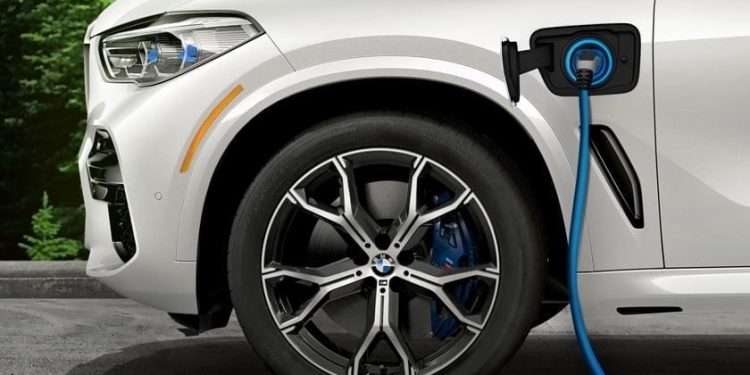In a significant move towards sustainability and innovation, German automaker BMW has announced plans to manufacture plug-in hybrid cars in South Africa. This bold step will mark a pivotal moment in the country’s automotive industry and contribute to the global shift towards greener transportation solutions.
Expanding Horizons
BMW’s decision to produce plug-in hybrid vehicles in South Africa demonstrates the company’s commitment to expanding its presence in the African market. This strategic move aligns with BMW’s corporate goals and contributes to the region’s economic development by creating job opportunities and promoting technological advancement.
Green Mobility Revolution
The integration of plug-in hybrid technology in South Africa’s automobile manufacturing landscape signifies a significant stride towards a greener mobility revolution. Combining conventional combustion engines with electric powertrains, plug-in hybrids offer reduced emissions and improved fuel efficiency, addressing environmental concerns without compromising driving performance.
Local Production, Global Impact
BMW aims to cater to local and international demand by establishing a production line for plug-in hybrid vehicles. This initiative serves the South African market and bolsters the nation’s standing in the global automotive sector. The move underscores the potential of South Africa as a manufacturing hub and strengthens its position in the evolving electric vehicle market.
Sustainable Manufacturing Practices
With an increasing emphasis on sustainability, BMW’s foray into plug-in hybrid manufacturing aligns with eco-conscious trends. The company’s manufacturing processes will likely incorporate energy-efficient technologies and reduced carbon footprints, contributing to a more sustainable future for the automotive industry.
Job Creation and Skill Development
The production of plug-in hybrid vehicles in South Africa is expected to create many job opportunities across various sectors. From assembly line workers to research and development professionals, the venture will boost employment and provide a platform for skill development in cutting-edge automotive technologies.
Government Support and Incentives
Supportive government policies and incentives undoubtedly bolster this bold move by BMW. South African authorities’ proactive stance towards promoting electric and hybrid vehicles has likely been pivotal in encouraging BMW’s decision to invest in local plug-in hybrid production.
A Leap Towards Electrification
BMW’s investment in plug-in hybrid production underscores the brand’s broader strategy to transition towards electrification. As the global automotive landscape undergoes a paradigm shift, BMW’s South African venture serves as a testament to the company’s dedication to embracing change and shaping the future of mobility.
Conclusion
In a transformative move that bridges technological innovation, sustainable manufacturing, and economic growth, BMW’s decision to produce plug-in hybrid vehicles in South Africa is poised to make a lasting impact. As the automotive industry embraces greener alternatives, this endeavor sets the stage for a brighter, more environmentally conscious future on both local and global scales.





